
With their numbing sameness, dystopian or end-of-world movie scenarios tend to grow tiresome, and even intolerable now that we have a four-year reference point for how true to life that stasis can be. Pre-COVID, French writer/director Thomas Cailley had been developing a premise involving the spread of a new kind of virus, and as fate would have it, world events gave his ideas new relevancy.
Brought to beautiful fruition, his second feature introduces the embellishment that afflicted people partially transform into animals, essentially uprooting them from their families and homes. This new hybrid form can take on characteristics of birds, fish, reptiles, or mammals—it’s never really explained who will mutate, what their species will be, and why. And though the film’s special effects, achieved through an amalgam of techniques—makeup, prosthetics, animatronics, and CGI—are quite splendid (recently winning the César for Best Visual Effects, among a slew of other craft awards), sometimes it’s even hard to tell what’s what. Is that a big cat or a wolf, a frog or a lizard? No matter. The Animal Kingdom is more about the emotional transitions and the loss of human connection that the morphing inflicts.
With his wife infected and detained at the local hospital—as a bear-woman?—endearingly goofy dad François (Romain Duris) is left to care for their teenage son, Émile (Paul Kircher, effectively carrying the movie even above Duris). Their bonding doesn’t quite reach the devastating emotional heights of, say, the father-son duo of The Road, but it’s highly affecting nonetheless. Duris, an eternally interesting actor often cast as cocky theatrical types, showed he could convince as a dedicated family man in 2021’s Waiting for Bojangles. To me, he’s generally best suited for comedic realms, and fortunately there’s a surprising amount of humor to be found in Cailley’s script, co-written with Pauline Munier.
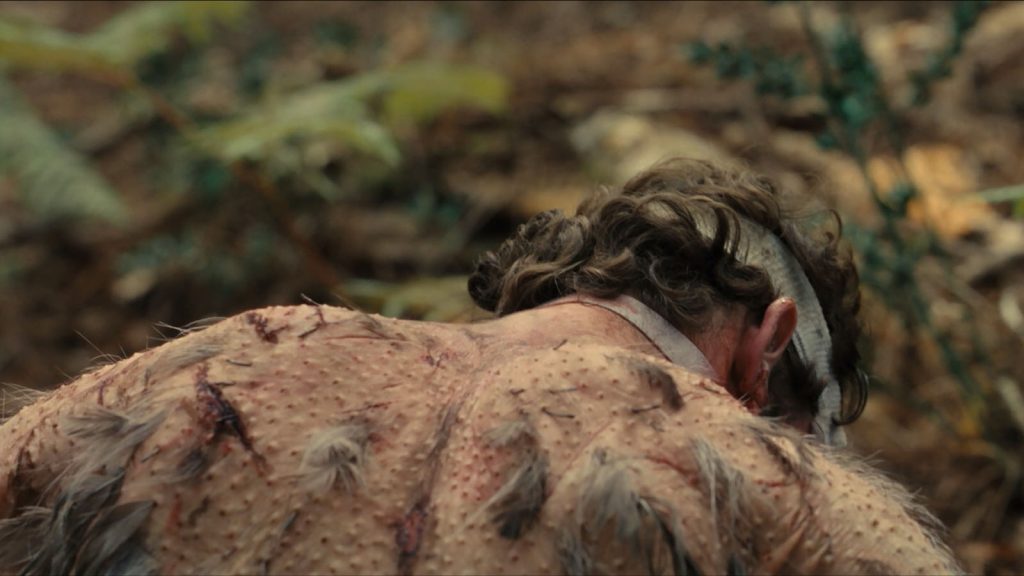
The banter between François and Émile is playfully antagonistic but purely loving at heart. They are bickering in their car during a traffic jam when audiences are introduced to their strange new reality, as a birdman violently breaks free from an ambulance. It’s an exhilarating, jump-inducing scene. Yet François just calmly agrees with a nearby driver who comments, “Strange days.” As we’ve experienced all too clearly of late, it’s tricky to grasp the magnitude of a situation while living it.
When word reaches them of a medical center opening in the sticks that can provide better patient care, François dislocates Émile from Paris to be closer to his mom. With father and son facing the dual struggles of absent wife/new job and absent mother/new school, respectively, they are united in alienation. But it’s taken up a notch for Émile, who discovers he is transforming (into a wolf-boy?). Many young guys in films have turned into wolves, mostly for comedic effect or exploitation value (à la Teen Wolf and I Was a Teenage Werewolf), but this case hits on the more melancholy, existential experiences of the teen girls in Ginger Snaps and When Animals Dream. Émile’s attempts to hide his condition—while developing a relationship with a cute, curious classmate, Nina (Billie Blain)—become increasingly challenging as this behavior grows more outwardly animalistic, his strength and sense of hearing heighten, and claws and fangs start materializing.
The hybrids he’s joining the ranks of are called a number of derogatory terms—“monsters,” “creatures,” “critters”—but a sympathetic cop, Julia (Adèle Exarchopoulos), rightly labels them as “victims.” Julia is disenchanted, feeling underutilized working alongside only men, while a monotone Exarchopoulos similarly isn’t given enough to do. She is always a welcome presence, but she has little purpose here other than to offer François comfort and support as a search takes place for his missing wife and the busload of other patients who escaped during a crash en route to the new facilities.
Father and son embark on their own search in the forest (a prohibited place now that the mutants cohabitate there), further strengthening their connection, while a touching tale of creature-bonding also begins, as Émile endeavors to befriend the prickly birdman called Fix (a memorable Tom Mercier) and help teach him to fly. He spends more and more time in the wild outdoors, and what a rich, magical place it is—strikingly imagined and captured, and sometimes a little eerie (a nighttime manhunt through a cornfield is especially breathtaking). It’s a shame that more time isn’t spent there, though about midway through its 130-minute runtime, the film does start to bog itself down trying to smoothly balance its varying tonal elements of comedy, tragedy, fantasy, and unusually insightful body horror (you can almost feel the excruciating pain of growing fangs or wings)—as well as sneaking in jabs at France’s health-care and social systems. But it all returns triumphantly to one’s flesh and blood and the lengths relatives will go to protect one another. When François finds evidence that his son is mutating, the look of realization crossing his face that he’s losing all that’s left of his family is quietly heartbreaking. It’s the emotional domestic drama of The Animal Kingdom that leaves its sharp claws deep in you.
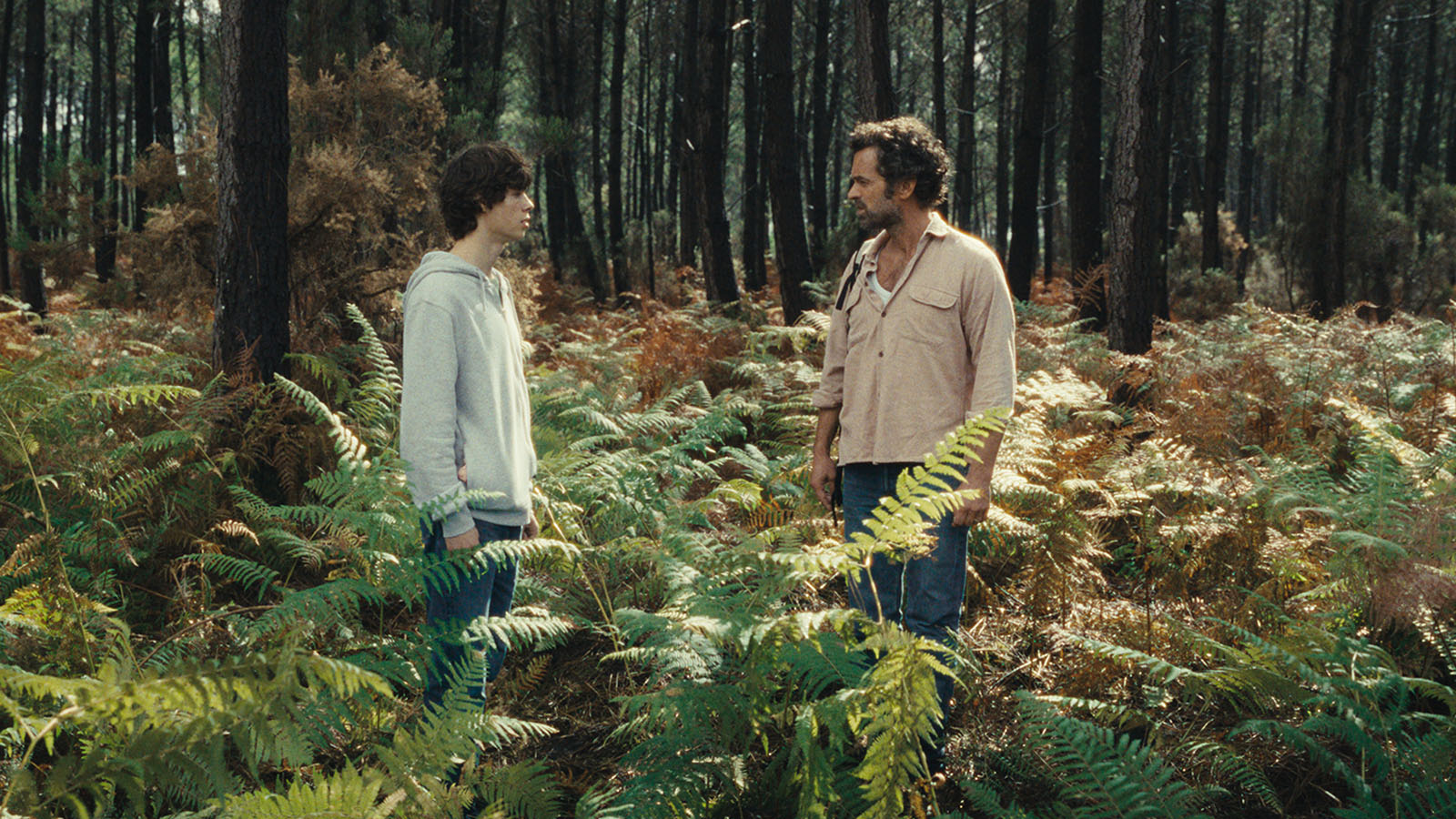
is a writer, editor, and horror programmer based in New York. She is the editor of Bloodvine and her writing has appeared in publications such as The New York Times, Film Comment, and Rolling Stone.
A witchy tale of time travel, young love, and sporty women, Léa Mysius’s sophomore feature is an entrancing puzzle film anchored by compelling performances. Set in a small French town nestled within a mountain range (known as “The Five Devils” of the title), the film incorporates elements of magical realism...
BY MARGARET BARTON-FUMO | May 18, 2023
For no apparent reason, at the start of Rubber (2010), perhaps Quentin Dupieux’s best-known film, a sheriff pops out of a car trunk, approaches the camera, and launches into a monologue...
BY LAURA KERN | March 31, 2023
High-concept, no-frills horror is writer-director-editor-composer Andy Mitton’s modus operandi. While his four features (the first two co-directed with Jesse Holland) address vaster subjects of death and the afterlife, there’s also a recognition that dread lurks in the most mundane places.
BY LAURA KERN | December 5, 2022
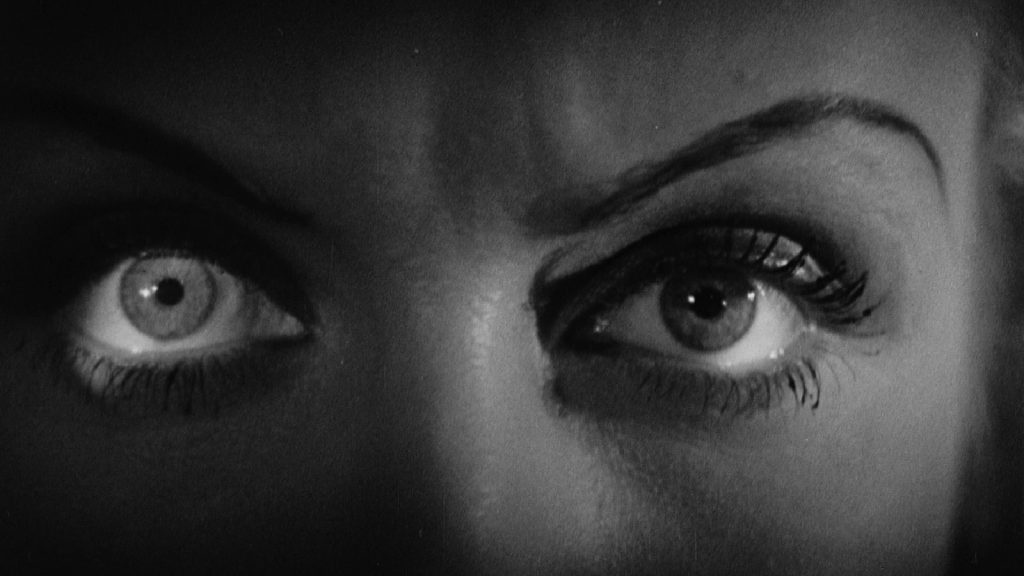
This pre-Code offering packs a lot of story into its typically brisk running time, with several plot threads weaving together a (not always successful) tapestry of spooky and criminal doings.
READ MORE >
BY ANN OLSSON | Month 00, 2021
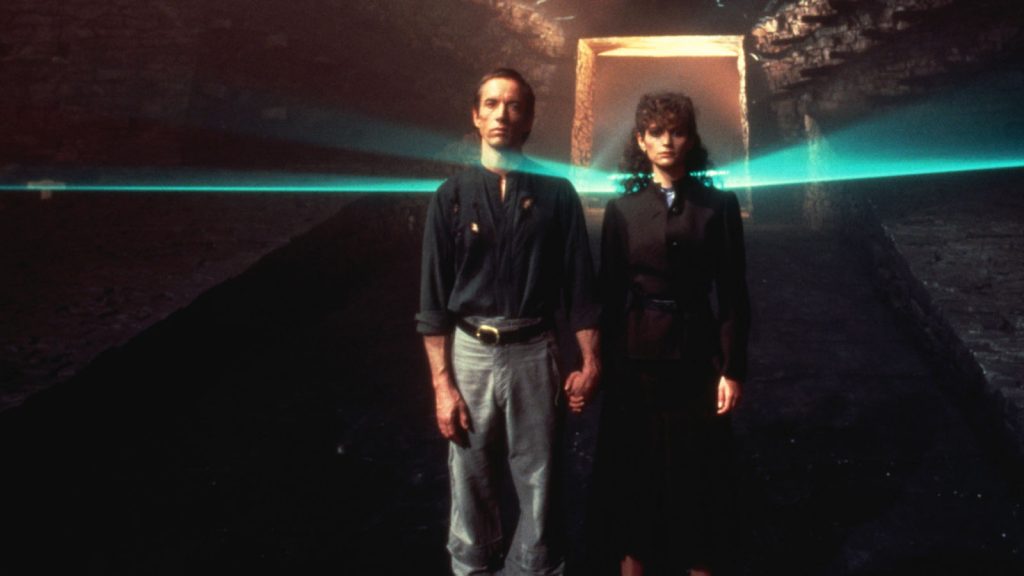
In what could be the fastest-resulting rape revenge movie, a drunken lout brutally forces himself on Ida, the young woman who doesn't return his affections, during a party over Labor Day.
READ MORE >
BY LAURA KERN | Month 00, 2021
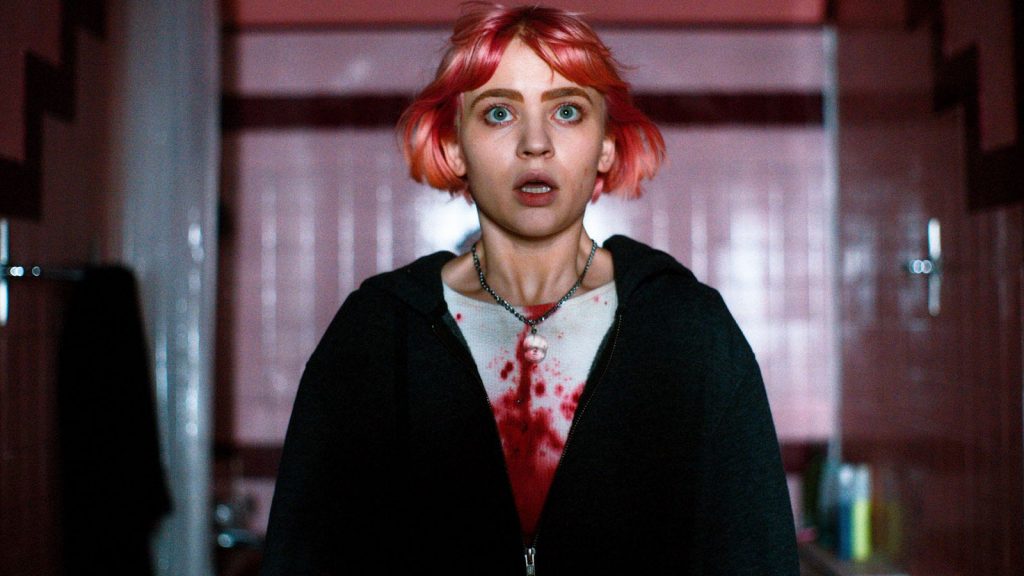
Beast is a lot of movies in one package - fractured fairy tale, belated-coming-of-age story, psychological drama, regional horror film - but above all it's a calling card for its leading lady, Jessie Buckley.
READ MORE >
BY LAURA KERN | Month 00, 2021